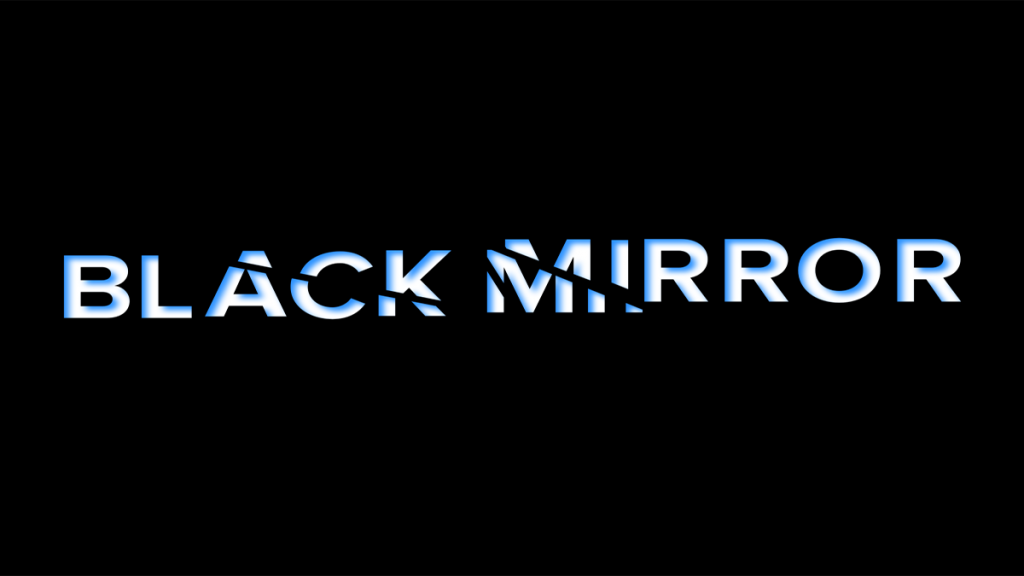Teresa Sorolla-Romero, José Antonio Palao-Errando y Javier Marzal-Felici (2020).
Quarterly Review of Film and Video

Black Mirror. Main title shot.
Referencia completa
Teresa Sorolla-Romero, José Antonio Palao-Errando y Javier Marzal-Felici (2020). Unreliable Narrators for Troubled Times: The Menacing “Digitalisation of Subjectivity” in Black Mirror. Quarterly Review of Film and Video, 38:2, 147-169, DOI:10.1080/10509208.2020.1764322
Enlace a la publicación: https://doi.org/10.1080/10509208.2020.1764322
This article offers an examination of the television series Black Mirror (2011-) using a theoretical framework for studying post-classical narrative complexity. Its basic proposition is that narrative fracturing and misleading points of view are used in Black Mirror to offer a critique of the excessive confidence in digital technology and social networks as regulators of human subjectivity. While a mission historically attributed to science fiction is the exploration of a particular contemporary issue by expressing it in fiction form, Black Mirror offers an innovative twist on this objective by incorporating the narrative complexity of the mind-game film through the perspective of distorted subjectivities. In nearly every episode, the conflict that arises highlights the dangers inherent to the naturalisation of technological devices that virtually become appendages of the human body. Most episodes explore the negative consequences of the unrestrained use of new technologies to control memories, regulate personal relationships or reduce all human experience to data. The absence of any debate questioning their value results in a completely alienated society that feeds on the fictionalisation of politics and private life, in which individuals are incapable of distinguishing between reality and fiction, or even between what is happening outside and inside their own minds.